
As part of the innovative technology education program Pode Crer at the Vilson Groh Institute more than 175 students were introduced to the world of Artificial Intelligence, and learned basic ML concepts in a practical way. In addition to creating their own ML models, they were able to develop intelligent applications to solve problems creatively and critically discuss ethical issues and their impacts, strengthening their active participation in a world increasingly influenced by Artificial Intelligence.
| Course |
Duration |
Content |
Sustainable development goals |
Stage of learning cycle |
Tools |
| Courso 1: Machine Learning (ML) for All! |
8h |
Basic concepts of ML, Development of a ML model for image classification (deep learning), Ethics and social impact |
Responsible consumption and production: Recyclable waste |
Develop a pre-defined ML model |
Google Teachable Machine |
| Course 2: Selfie App |
4h |
Development of an app with App Inventor, User interface design, Algorithm and programming |
— |
Develop a pre-defined app |
App Inventor |
| Course 3: Machine Learning in mobile apps |
4h |
Deployment of an ML model in a mobile application in App Inventor |
Responsible consumption and production: Recyclable waste |
Deploy a ML model in an app |
App Inventor/TMIC, Google Teachable Machine |
| Course 4: Create your own intelligent app (advanced level) |
24h |
App development process, Design thinking, Machine learning, User interface design, Algorithm and programming |
Related to any of the goals |
Create a new intelligent app |
App Inventor/TMIC, Google Teachable Machine |
Courses 1 – 3 are available for free in Brazilian Portuguese.


As a result students learned how to develop their own intelligent applications and critically discuss the impacts of Artificial Intelligence within their reality. Observing the interest and dedication of the participants and seeing the results achieved in such a short time was impressive, and demonstrates the importance of such an innovative technology education program, preparing the students to actively participate in a world increasingly influenced by Artificial Intelligence, and inspiring them to pursue a career in this field with so many opportunities.
Examples of the App Inventor apps created by the students using image recognition for the classification of organic waste, colors for colorblind users and toxic plants.

The App Inventor code of the created apps is available online.

 The courses have been offered by the initiative Computing in Schools of the Department of Informatics and Statistics at the Federal University of Santa Catarina that is dedicated to increasing computing education in Brazilian middle and high schools.
The courses have been offered by the initiative Computing in Schools of the Department of Informatics and Statistics at the Federal University of Santa Catarina that is dedicated to increasing computing education in Brazilian middle and high schools.
As part of the courses students also visited the Informatics and Statistics Department at the Federal University of Santa Catarina. During the visit, the students learned about the undergraduate computing courses and research being carried out using Machine Learning, also as part of the Ampera Racing project detecting objects by an autonomous racing car.

The courses are part of the Pode Crer program, a new education program that blends technology, citizenship, and communication for youth aged 11 – 24 through the development of leadership, creativity, critical thinking and problem-solving in the challenging social context of Brazilian marginalized communities. Pode Crer is free and open for all youth from low-income families, currently taking place in the greater Florianópolis region in the south of Brazil at the Vilson Groh Institute.
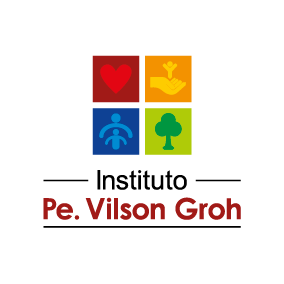
The Vilson Groh Institute is a Brazilian nonprofit that focuses on social justice and uplifting marginalized communities in Brazil through education. The purpose of the Vilson Groh network is to open up paths for marginalized youth to take the lead in their own lives and have the opportunity to access universities and the job market, to fight for their rights, to live a life with dignity and to enable youth to dream and have these dreams become reality.








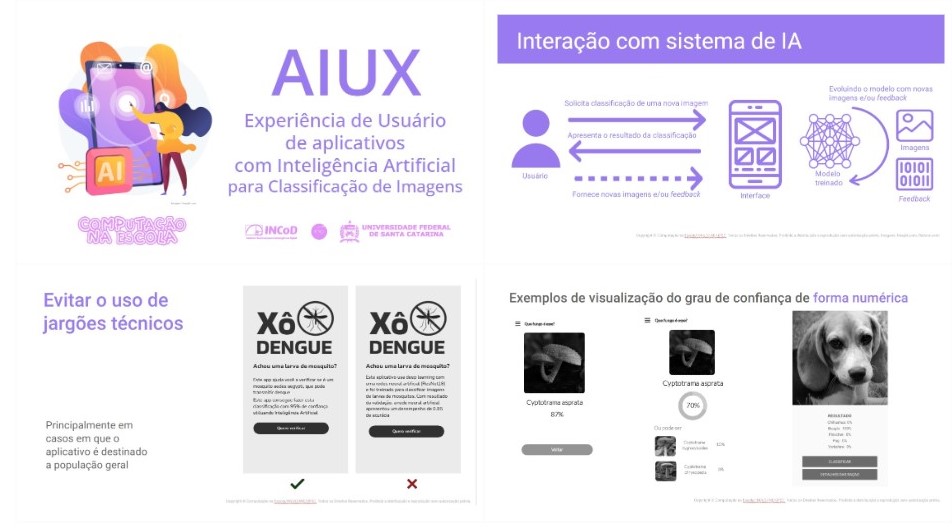
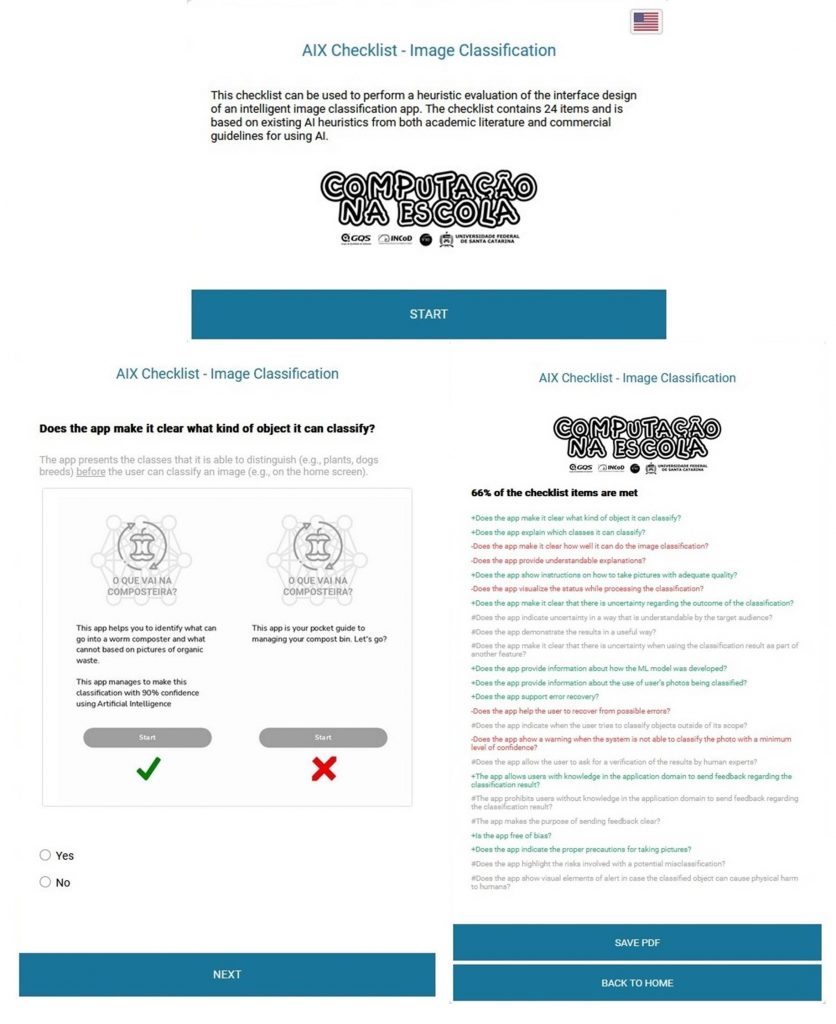

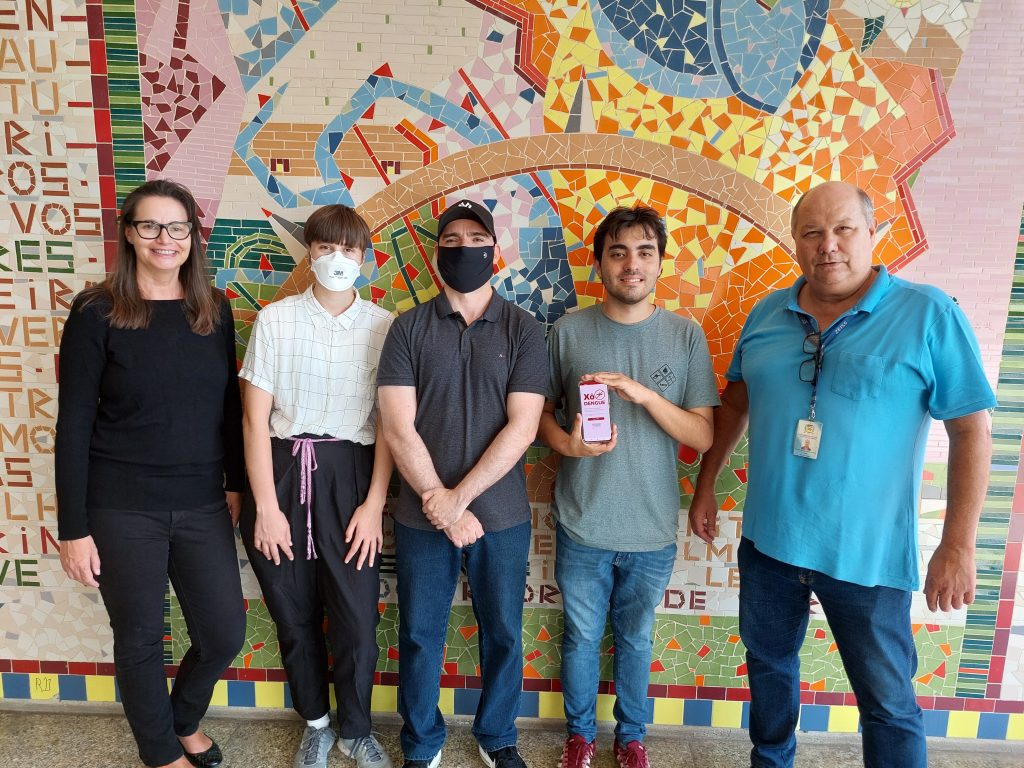
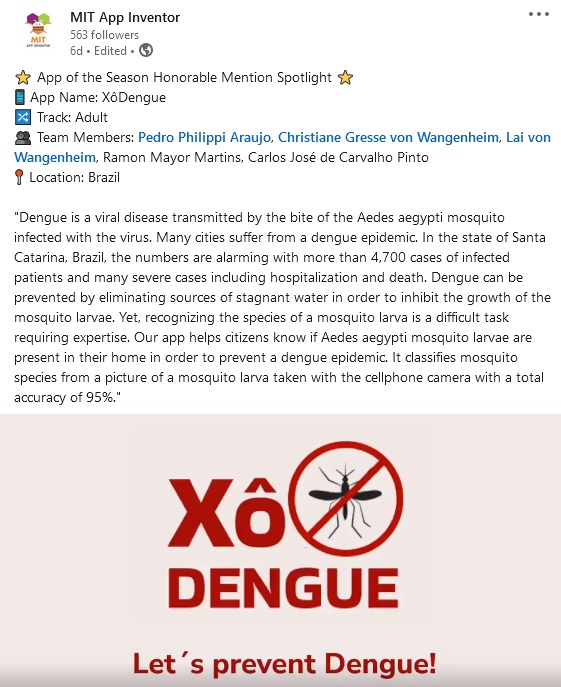
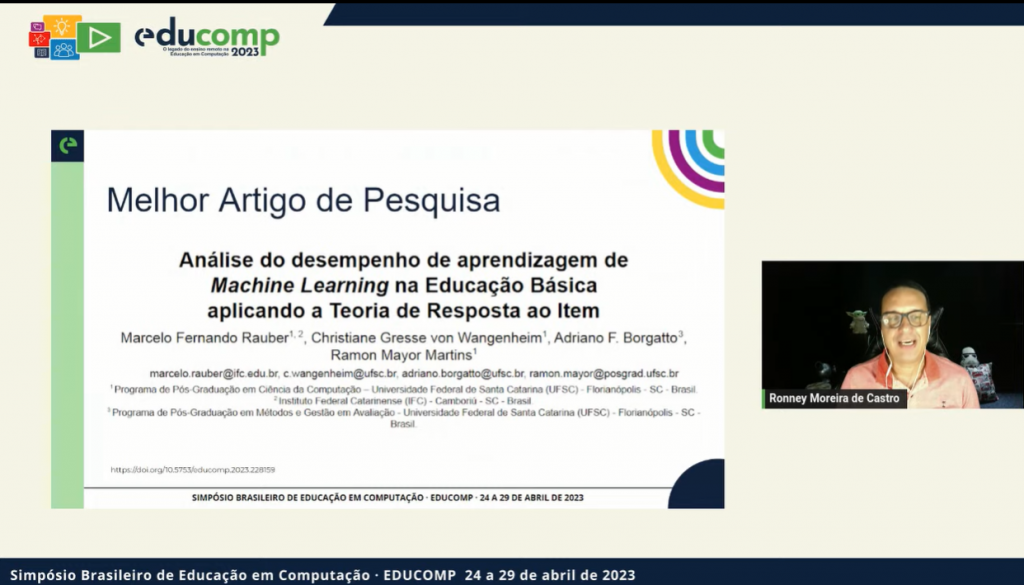





 The courses have been offered by the
The courses have been offered by the 



